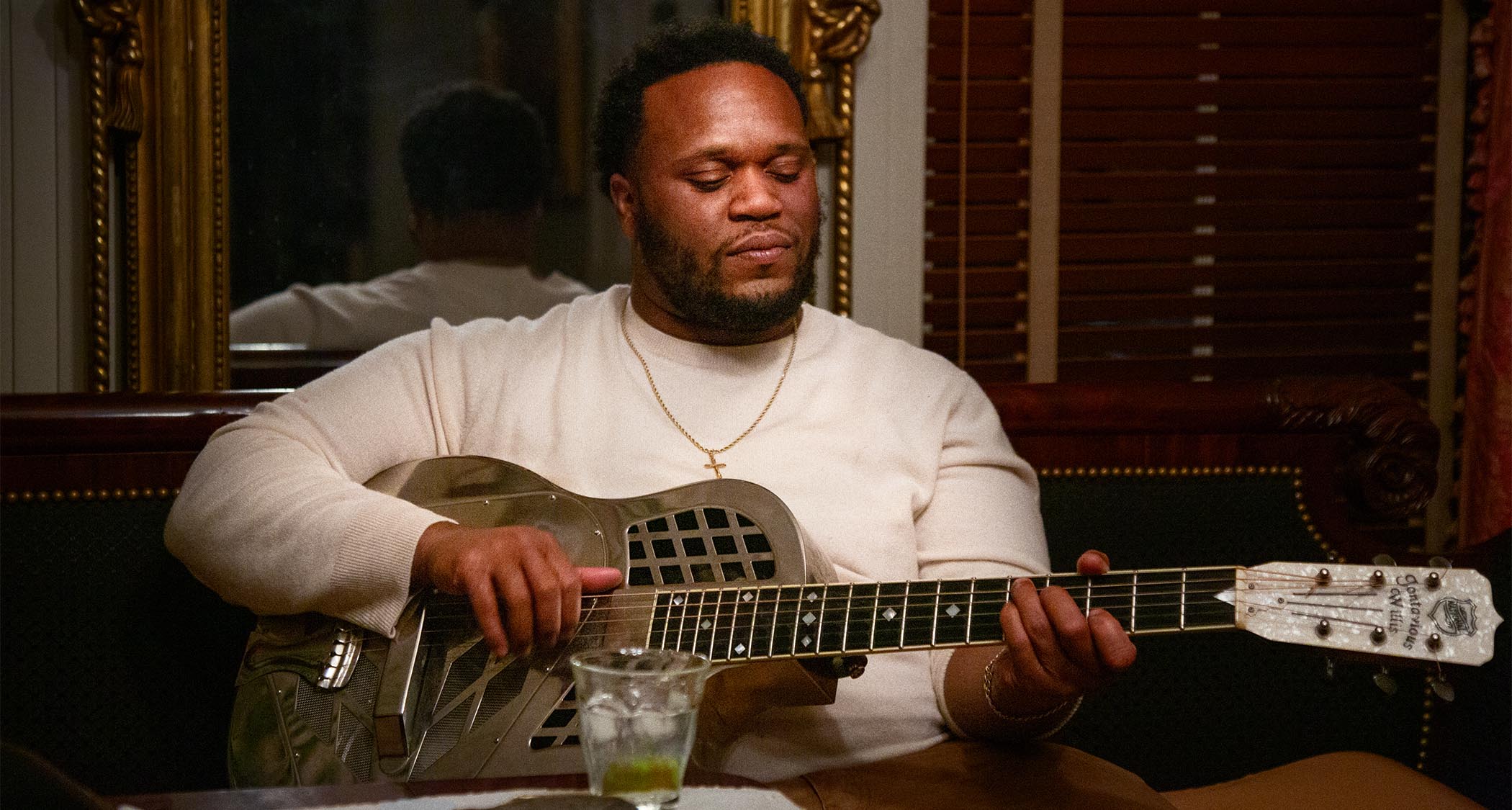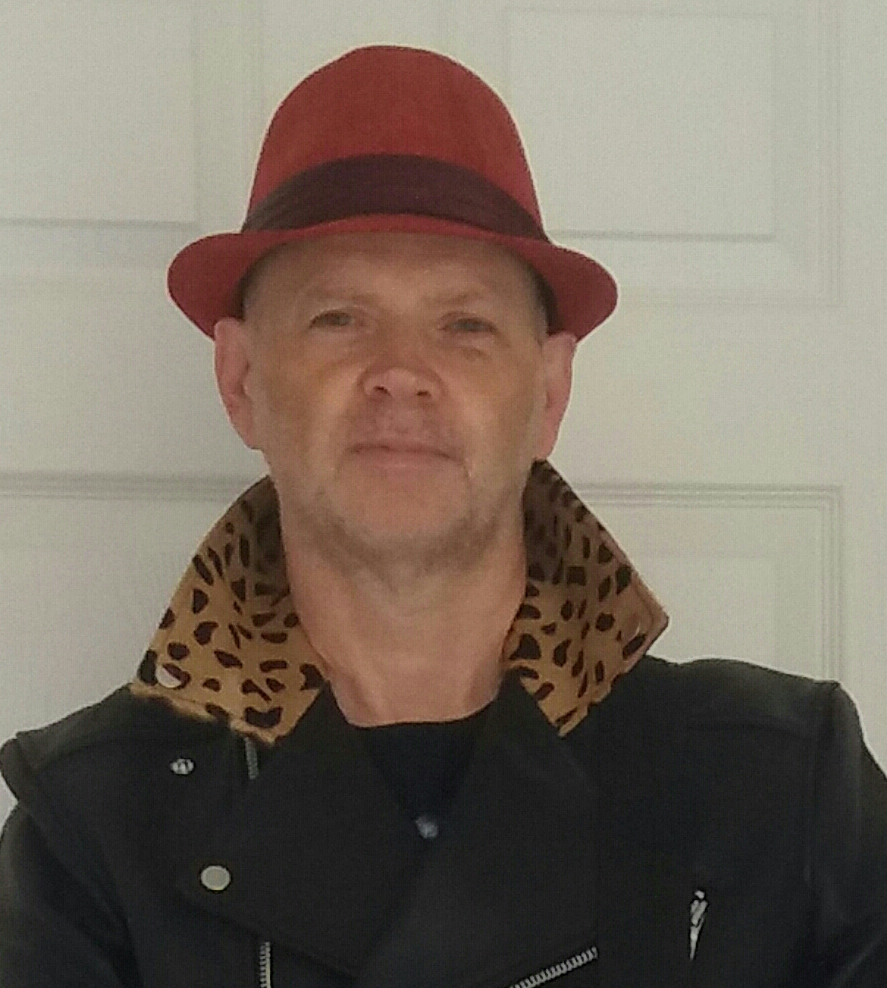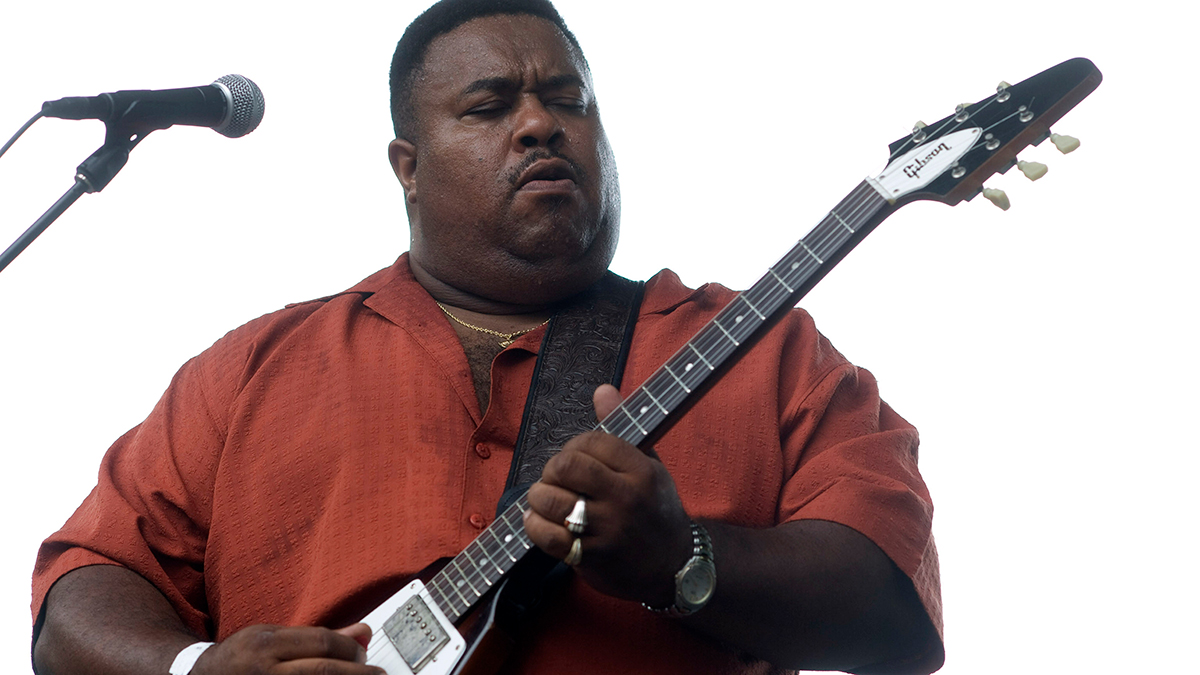“The British Invasion brought awareness to the music, but not the culture. They were great guitarists, but they weren’t as good as Robert Johnson”: Jontavious Willis has become one of acoustic blues’ most exciting voices – just don’t say he’s the future
Straight out of West Georgia with stories to tell and songs to sing, Willis tells us why the time is now for acoustic blues and how the British Invasion brought good and bad for the art form

Often overlooked in favor of its electric sibling, acoustic blues has seen a strong upswing in interest in recent years. One of the prime movers in the genre, Georgia’s Jontavious Willis, has just released his third album, West Georgia Blues.
Willis – who was ranked among the top 21 new blues guitarists in a recent Guitar Player poll – has the uncanny knack of crafting original songs that sound like they could have been written any time over the last 100 years.
It’s been five years since the release of Willis’ last album, the Grammy-nominated Spectacular Class, and a lot has changed since then. “I crowdfunded and produced this [new] album on my own,” he says. “Everything was down to me, even the artwork. I mixed things up; there’s solo and band tracks – same as my live show.”
Willis didn’t shirk from the challenge of trying to create new music that remained faithful to the genre without simply plundering the past.
“We all borrow to some degree, but it’s about not making it too obvious,” he says. “It’s cool to be inspired by somebody, but you have to remember that you have to put your own self in there too. Also, you have to remember that you don’t get paid for writing those cover songs on your record. [Laughs]
“I’m always writing; I think we recorded about 60 songs for this album. I don’t know if a lot of them will ever come out – maybe when I’m old and I can’t sing or play anymore, I can put them out as my pension!”
Those people were playing the music and singing in church or whatever, since they were babies. You can’t duplicate that shit
Willis built a strong rep while he was still pretty young. Clearly he was a natural. “I’d be lying if I said I struggled,” he says. “I started in December 2010, and by February the following year I was playing slide pretty good. I’d been playing piano and trombone before that, but I’m better at improv so the guitar made a lot more sense. Blues isn’t like classical music; it doesn’t have to be the same every time.”
All the latest guitar news, interviews, lessons, reviews, deals and more, direct to your inbox!
Willis has his own theory as to why acoustic blues has been overlooked. “I think of things like the British Invasion, which was good and bad. It brought awareness to the music, but it didn’t bring awareness to the culture. They were great guitarists, but they weren’t as good as Robert Johnson or Robert Lockwood or someone.
“Those people were playing the music and singing in church or whatever, since they were babies. You can’t duplicate that shit. Anyway, everyone associated blues with electric music and long guitar solos, but I like the singing and the story. Acoustic isn’t as loud as electric – you can’t do Jimi Hendrix on the acoustic, you know? A lot of people got into blues through electric rock. Of course, once upon a time, acoustic blues was all there was.”
Often described as the future of acoustic blues, Willis isn’t altogether enamored of the description. “I don’t like it when they say future; I’m the present. How long am I going to be the future? I was the future 10 years ago! It’s like they want to slide me into some spot when I’m older or something. I’m a piece of the past and the future, but I’m living and doing this shit today.”
- West Georgia Blues is out now via Strolling Bones Records.
Mark is a freelance writer with particular expertise in the fields of ‘70s glam, punk, rockabilly and classic ‘50s rock and roll. He sings and plays guitar in his own musical project, Star Studded Sham, which has been described as sounding like the hits of T. Rex and Slade as played by Johnny Thunders. He had several indie hits with his band, Private Sector and has worked with a host of UK punk luminaries. Mark also presents themed radio shows for Generating Steam Heat. He has just completed his first novel, The Bulletproof Truth, and is currently working on the sequel.



